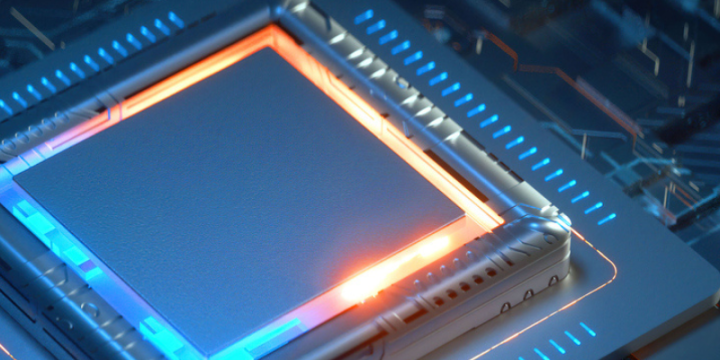The Dutch government, investors and companies such as ASML and NXP are investing hundreds of millions in a new chip industry. Chips that use light instead of electricity to transfer information promise to make devices smaller, faster and more energy efficient. The Netherlands must become a world power in these photonic chips. The market seems ready to embrace the technology. But the risks are great.
Netherlands leader
The Netherlands is at the forefront of the still young industry for photonic chips. Dutch scientists are among the best in the world and there are relatively many start-ups active. After years of research and development, the technology is ready for practical application.
The demand for these chips, which help make devices faster, smaller and more energy efficient, is increasing. Now production has to go up.
Hundreds of millions
Hundreds of millions of euros are being invested in building this new chip industry. Eindhoven-based Smart Photonics raised €100 million in a new investment round, including loans from established chip companies ASML and NXP. New Origin, a new spin-off from the University of Twente, was also promised €100 million from investors earlier this year for the construction of a new factory. Most photonics companies are located around the universities in Eindhoven and Enschede. The regions each specialize in a different type of chip. The difference lies in the different raw materials from which the chips are made, which enable different applications.
International competition
Other countries are also devoting a lot of money to developing a photonic chip industry, including China and the United States. Will the Netherlands be able to scale up production in time? Will there soon be a market for the technologies in which Dutch scientists and start-ups specialize? Or will this industry move to other regions of the world, just as it did with electronic chips?





